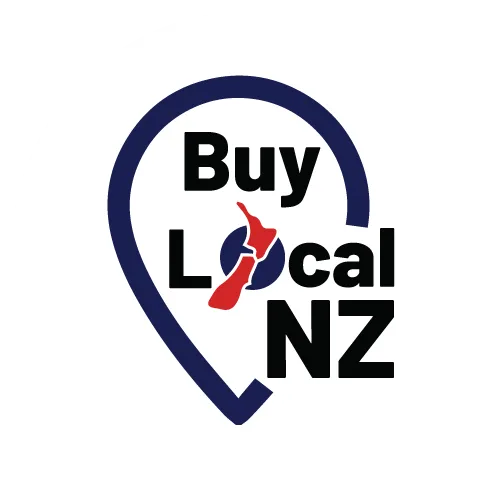
3 Best Ways To Optimize Business Locations
3 Best Ways To Optimize Business Locations
To optimize your business location effectively, start by claiming and verifying your Google Business Profile while maintaining consistent NAP details across all platforms. Next, create location-specific content that resonates with your local audience through authentic neighborhood stories and community engagement. Finally, build genuine local partnerships and citations through chamber memberships and directory submissions. The following strategies will help you maximize your local visibility and attract more customers to your doorstep.
Key Points
- Claim and verify your Google Business Profile while maintaining consistent NAP information across all online platforms.
- Create location-specific website content and landing pages that target local audiences and neighborhood interests.
- Implement local schema markup on your website to help search engines better understand your business location and services.
- Build relationships with nearby businesses and community organizations to establish authentic local backlinks and citations.
- Regularly monitor and update business citations across directories to maintain accuracy and improve local search visibility.
Mastering Local Search Engine Optimization For Your Business Location
When it comes to optimizing your business location, mastering local SEO is essential for attracting nearby customers and standing out in your community.
Start by claiming and verifying your Google Business Profile, ensuring your NAP (name, address, phone) information is consistent across all online platforms.
Create location-specific content that resonates with your local audience.
Build authentic local backlinks through community partnerships and events. Encourage satisfied customers to leave genuine reviews, and respond thoughtfully to feedback.
Optimize your website with local keywords, meta descriptions, and location-specific landing pages.
Don't forget to add schema markup to help search engines better understand your business location.
Creating Engaging Location-Based Content To Drive Local Traffic
Although local SEO helps you get found online, creating engaging location-based content draws people to your physical storefront. Stand out by crafting authentic stories about your neighborhood, highlighting local events, and showcasing community partnerships.
| Content Type | Impact |
|---|---|
| Local Events | Builds community presence |
| Area History | Creates emotional connection |
| Customer Stories | Increases trust and relatability |
| Neighborhood Guide | Positions you as local expert |
| Community Projects | Demonstrates social responsibility |
Don't just sell products – become a valuable local resource. Share insider tips about nearby attractions, collaborate with neighboring businesses, and feature real customer experiences. Your content should reflect genuine local expertise and community involvement.
Building Strategic Local Partnerships And Citations
Strong local partnerships and accurate business citations serve as cornerstones for establishing your brand's neighborhood presence.
Partner with complementary businesses to create value-driven cross-promotions and share customer bases. Network with local chambers of commerce and business associations to amplify your reach.
Ensure your business citations are consistent across platforms like Google Business Profile, Yelp, and local directories. Submit your information to reputable data aggregators and actively manage your online presence.
Take control by regularly auditing citations and promptly correcting any discrepancies. Remember, accurate citations boost your local SEO and make it easier for customers to find you.
FAQs
How Do I Determine the Ideal Size of Retail Space for My Business?
You'll need to analyze your inventory requirements, customer flow patterns, staff needs, and profit per square foot. Calculate space for storage, displays, customer movement, and future growth potential.
What Permits and Zoning Requirements Do I Need for My Business Location?
You'd think permits would be simple, but they're not! Check your local zoning office for business permits, occupancy certificates, health department approvals, and signage regulations before launching your entrepreneurial dreams.
Should I Lease or Purchase a Commercial Property for My Business?
You'll need to weigh your financial flexibility, growth plans, and market conditions. Leasing offers lower upfront costs and mobility, while purchasing builds equity and gives you complete control over the space.
How Much Should I Budget for Location-Based Renovations and Improvements?
Like planting a seed in fertile soil, you'll need to set aside 10-15% of your property's value for renovations. Don't let landlords restrict your vision - budget extra for unforeseen changes.
What Economic Indicators Should I Analyze When Choosing a Business Location?
You'll want to track median income, population growth, unemployment rates, local competition, consumer spending patterns, rent trends, and market saturation to make empowered decisions about your business location.
In Summary
Like Columbus charting new territories, you've now got the tools to put your business on the map. By mastering local SEO, creating location-focused content, and building strategic partnerships, you'll transform your business into a local landmark that customers can't miss. Don't wait to implement these proven strategies - your competitors won't. Take action today and watch your local presence grow exponentially.

